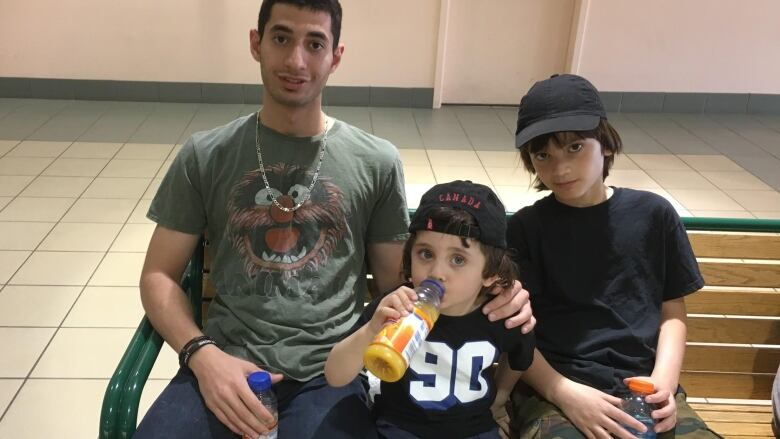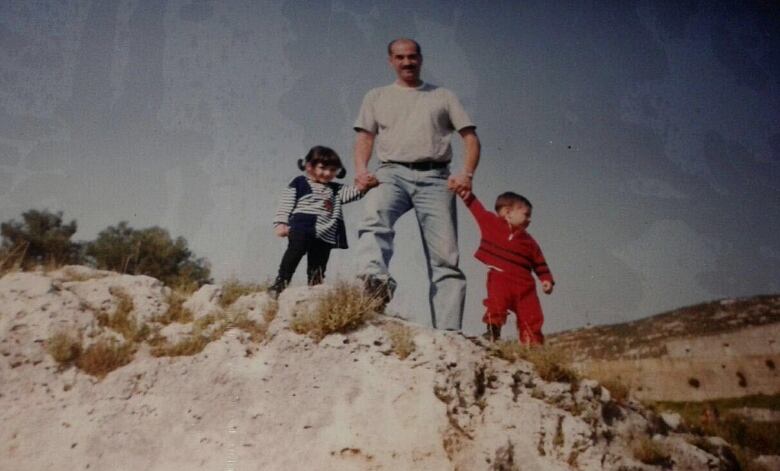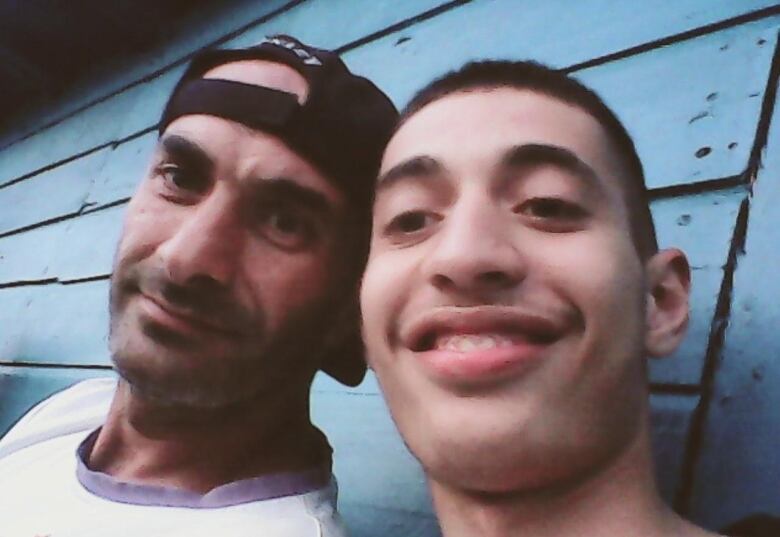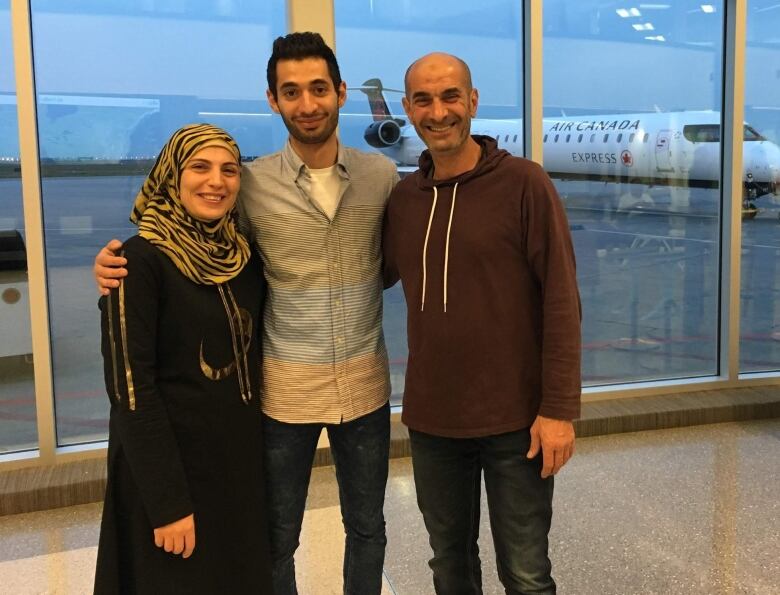When we were separated fleeing Syria, I feared I'd never see my family again. But now we are safe in Montreal
Ali Kharsa reflects on the long, hard journey that brought him to Canada 5 years ago

Before the civil war started In Syria, I was living a happy and a peaceful life In the city of Aleppo.
My mother used to wake me up every morning to go to school, I used to spend my day with friends and my big family. My life was pretty average and simple until the war came and turned that peace and quiet into a hideous voice, when the city was filled with the sounds of bullets and explosions.
I was 13 years old in 2011, when my family decided to flee Syria and seek safety in Malaysia. My parents thought that the war was going to be over in a couple of months, but sadly we lost hope and it started seeming endless. Our passports expired, so we ended up claiming refuge for a protection paper to be able to walk around in the capital city, Kuala Lumpur.
Life was hard. My parents had difficulty finding jobs and my siblings weren't able to go to school. My father and I decided to leave for Australia by boat. Our plan was to get to Australia and have the rest of the family join us. The sacrifice was all for the family's future and safety.
In 2012, my father paid smugglers to help us cross to Indonesia. I remember seeing my baby brother crying at the door when we left. What was truly awful was not knowing if we were ever coming back again; I felt like the sea couldn't be trusted. I never knew my fate with my journey, but all I knew was that the sea might swallow us or might take us to our destination.

We crossed to Indonesia by foot at night and walked a lot. I can only remember that I put my life on the line, knowing that anything could happen to me in the forest. In the morning, we reached the street and a car picked us up. It took us to a cottage to hide until the boat was ready for us to go. We stayed in Indonesia, hiding, for two months.
We boarded with 67 other people. The boat was made out of wood; it looked more like a fisherman's boat that fits not more than 10 people. Our horrific journey really started when the boat started sailing.
I was so dizzy in the boat I couldn't eat or drink. My skin was peeling off because of the hot sun and the saltwater. It took us five days to arrive in Australia, and then the border force caught us.
They took us into Christmas Island Immigration Detention Centre and informed us that we will be transferred to Nauru Island. They told us we were lucky to go there.
We only stayed in Australia for a week, then they moved us by plane to Nauru Island. When I arrived there with my dad, the island looked like a third-world country, more like the villages that I crossed in Indonesia.
We landed and from there we went on a bus to the detention centre; it was surrounded with fences and filled up with families. It was dusty and the accommodations were tents and a few caravans.
I was so stressed and sad, I didn't know what to do. I was lost, thinking I might be stuck here with my dad, never to see my family again.
WATCH | Ali's music video for his track Motherland
Not long after, I started getting along with living there; I spent most of my time at the camp reading books and doing some push ups, and then I started writing music and practising freestyling and improving my lyric-writing skills.
After enough practice, I started performing in front of refugees. Hundreds of people in the camp supported me and gave applause, and that gave me motivation to keep up. A year-and-a-half later, my mom and siblings had arrived in Canada with help from the United Nations, so they applied to sponsor us as refugees. I was so happy to hear this. I was excited and super motivated to study and work so I could feel like a normal person again.

When I arrived in Canada, I was extremely happy and so excited to see my family. My siblings were taller and a bit older, my mother was crying out of joy and prepared a very delicious traditional meal for us.
Coming from a really warm island, I enjoyed seeing the snow around and was so surprised by the welcome we received from Canadians, especially when I went to school from my teachers, principal and classmates. They were all friendly and nice with me; my family has made so many friends and it feels like we are at home.

Even though I've arrived in winter, Canada felt warm and welcoming.
I love the city of Montreal, the lights of downtown and the humble and generous people, walking through the Old Port and downtown. With its diversity and bilingualism, it feels cool being here, enjoying and attending all the festivals in winter and the jazz festivals in summer. Since I'm an artist, the art in every corner of this city gives me inspiration to keep up with my own art and rap music.
My music plays a big rule in my life now, and it's my only way to express how I feel and speak out about things. Now I'm 23 years old, a proud Canadian citizen and a student at Vanier College studying international relations, hoping to work in a humanitarian organization and help people who are going through what I went through.
CBC Quebec welcomes your pitches for point-of-view essays. Please email povquebec@cbc.ca for details.












_(720p).jpg)


 OFFICIAL HD MUSIC VIDEO.jpg)
.jpg)



























































































